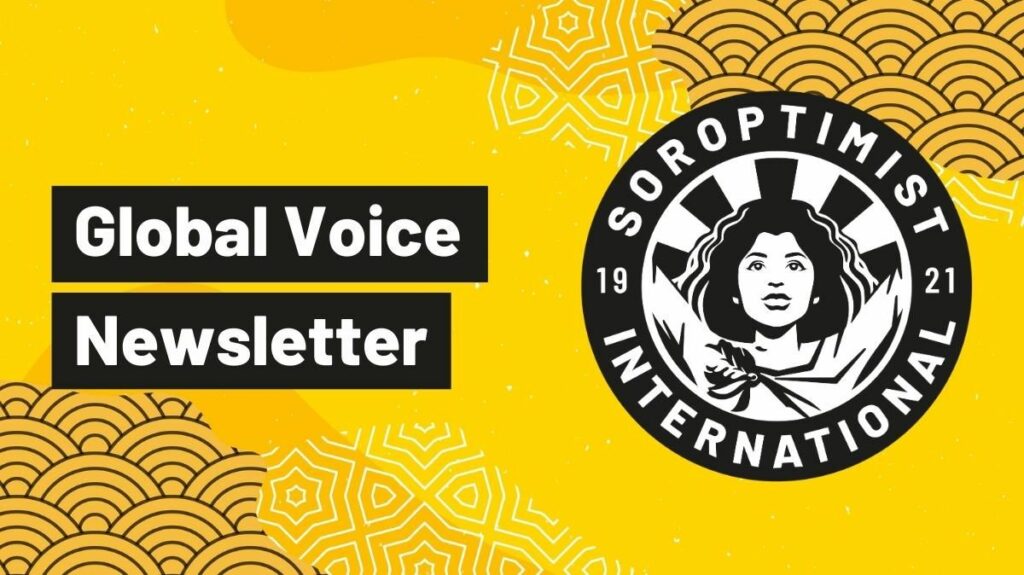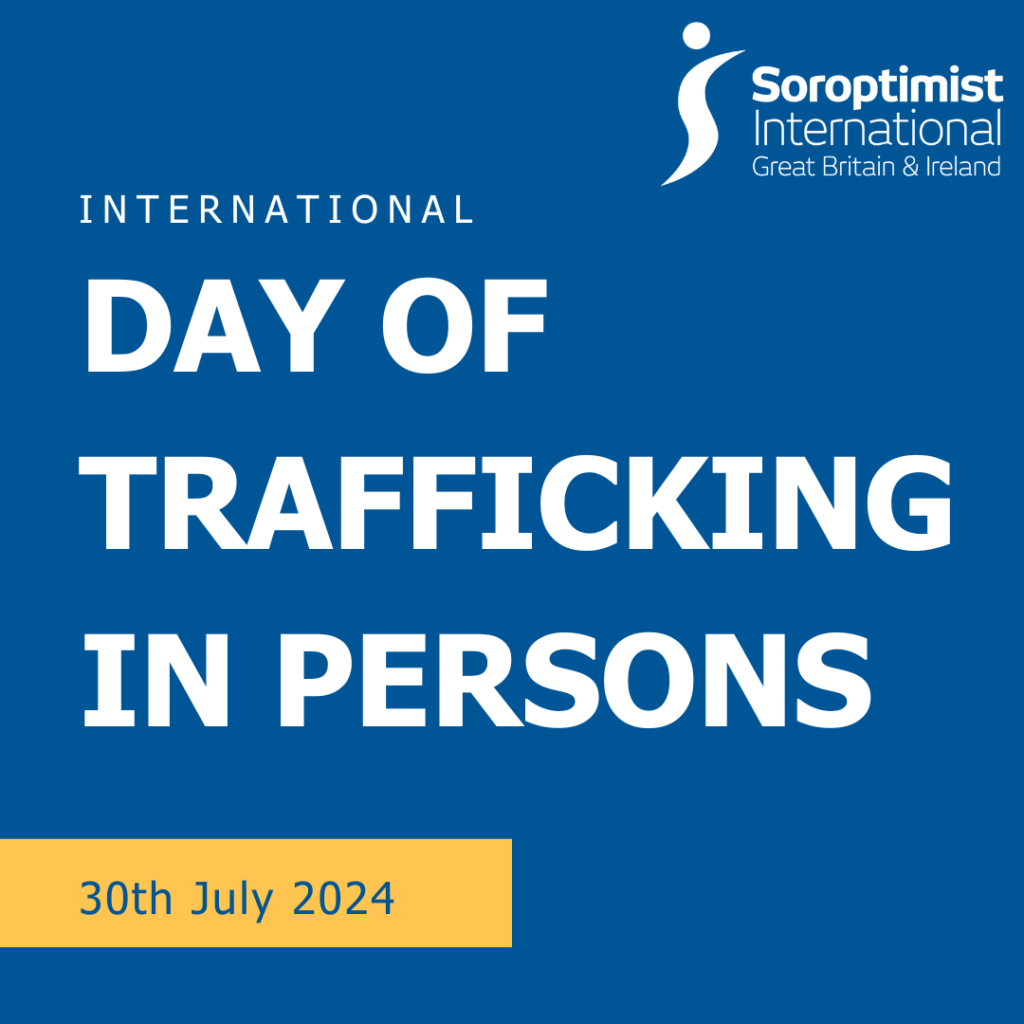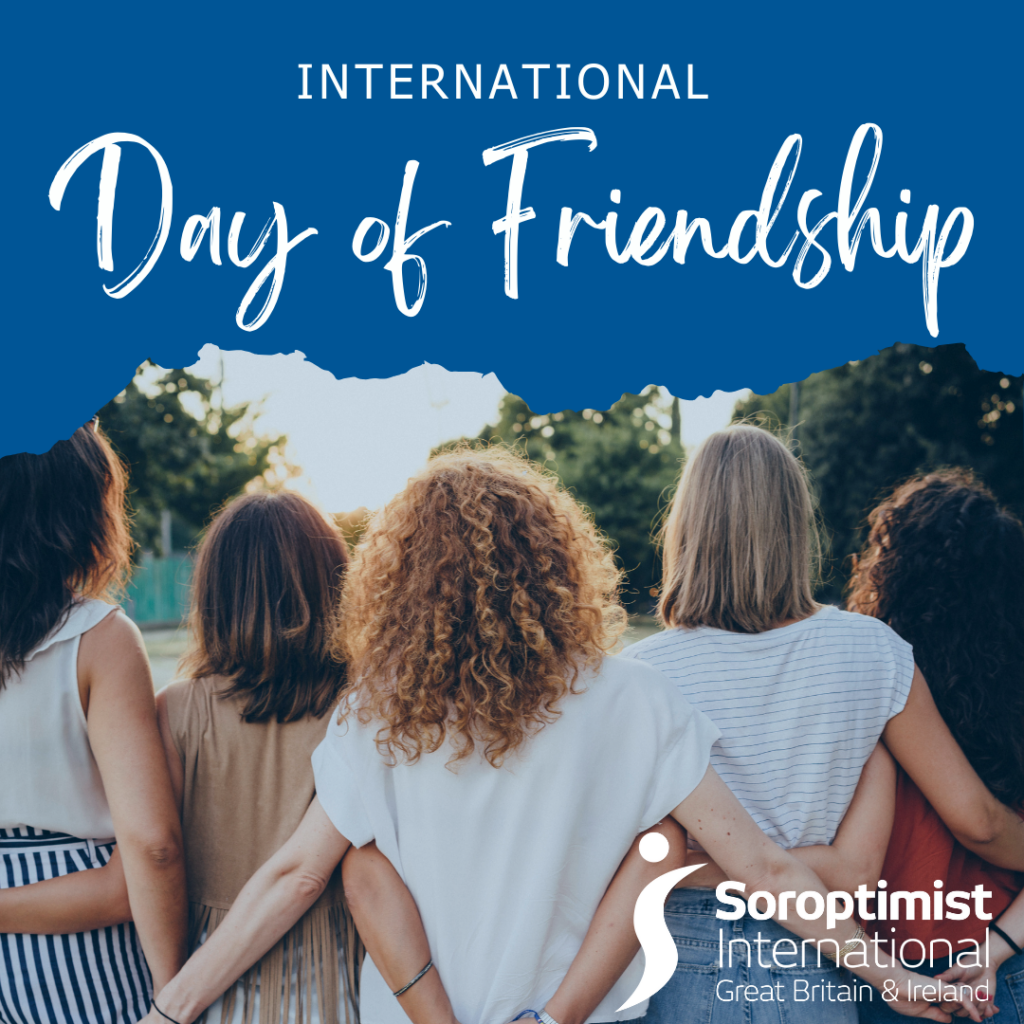About the United Nations
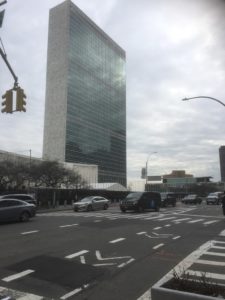 The United Nations was founded in 1945 and is made up currently (2020) of 193 member states. The idea began in 1942 when 26 nations pledged to fight the Axis Powers. On 26 June 1945 the charter was signed by 50 countries with Poland becoming the 51st soon afterwards. The official declaration came into force on 24 October 1945.
The United Nations was founded in 1945 and is made up currently (2020) of 193 member states. The idea began in 1942 when 26 nations pledged to fight the Axis Powers. On 26 June 1945 the charter was signed by 50 countries with Poland becoming the 51st soon afterwards. The official declaration came into force on 24 October 1945.
This was not the first attempt to form an international body striving to achieve peace everywhere. In 1919 the League of Nations was formed under the Treaty of Versaille. The international Labour Organisation (ILO) was created as an affiliated agency under this treaty. The League was disbanded when it failed to prevent World War II.
The charter of the UN begins “We the peoples of the United Nations..” and it sets out hopes and expectations for us all. The Statute of the International Criminal Court is an integral part of the charter.
There are 6 main organs which include the General Assembly (GA), the Economic and Social Council (ECOSOC) and the International Court of Justice (ICJ). In addition there are 29 other Entities and Bodies plus 6 related organisations. Of these the ones of most direct importance to us in SIGBI currently are:
- the UN Development Programme (UNDP);
- UN Environment Programme (UNEP)
- UN Population Fund (UNFPA);
- UNICEF;
- World Food Programme (WFP);
- International Labour Organisation (ILO);
- UN Educational, Scientific and Cultural Organisation (UNESCO);
- World Health Organisation (WHO);
- UN High Commission for Refugees (UNHCR)
- UN Women;
- International Organisation for Migration (IOM);
- UN Climate Change (UNFCCC).
Our access to the UN
ECOSOC is the agency which grants consultative status to NGOs such as ours. Currently (July 2020) 4045 have been approved. SI has general consultative status (reserved for large international NGOs whose work covers most of the work of ECOSOC) whilst SIGBI has special consultative status (reserved for NGOs with a more focused area of competence). This allows us to have delegates at some UN meetings but not all.
In order to try and link in with relevant activity at the UN, SI has 19 UN representatives in 7 UN centres across the world – New York, Geneva, Vienna, Rome, Paris, Nairobi and Bangkok. For the SI stance on current issues take a look at the ‘Where We Stand Statements‘.


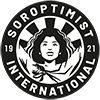
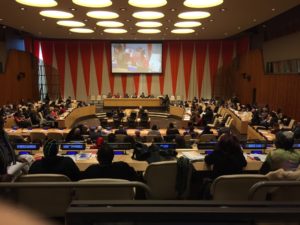 The
The 